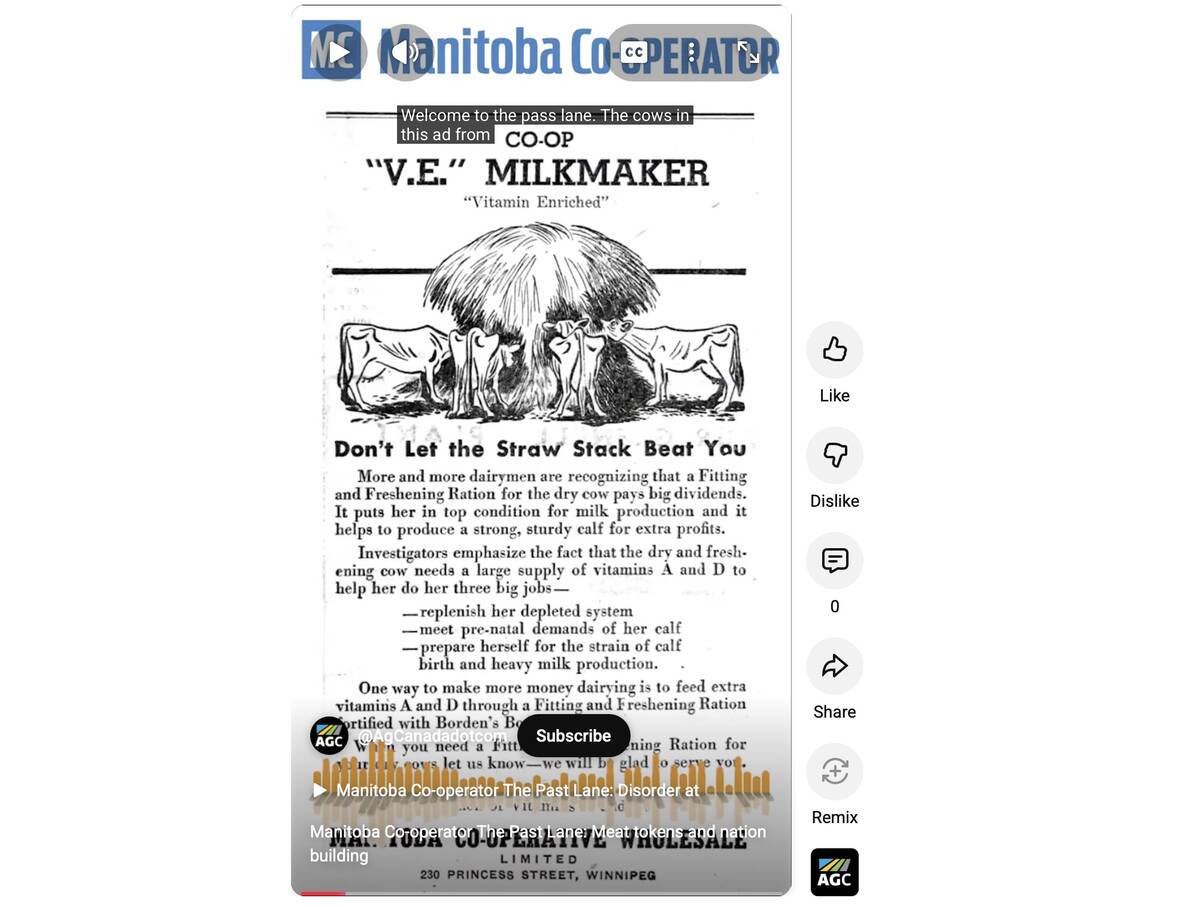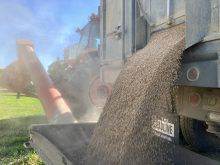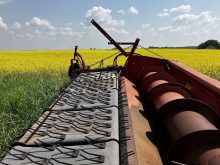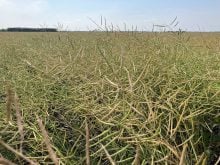A lack of good data makes it hard to prove the value of Canadian organic food to business leaders and government officials, say sector leaders.
“I don’t think there’s a bigger [issue in the sector],” said Laura Telford, organic sector development specialist with Manitoba Agriculture.
The data dearth encompasses imports and exports, sales, prices, crop acreage, farmer information and “pretty much everything” else, Telford said.
Read Also

VIDEO: Manitoba’s Past Lane – Jan. 31
Manitoba, 1946 — Post-war rations for both people and cows: The latest look back at over a century of the Manitoba Co-operator
There is some information available. Telford authored the most recent Organic Agriculture in the Prairies report, which includes statistics in many of those categories. However, getting there requires significant research and assumptions, she said.
Part of the issue is that the data is often not collected.
It took several years of meeting with Statistics Canada to get questions about organics added to the 2021 agricultural census, said Tia Loftsgard, executive director of the Canadian Organic Trade Association (COTA).
Farmers were asked if they were certified organic and which certification body they worked with. When the census data was published, organic data wasn’t included, Loftsgard said. COTA paid more than $1,000 to have the organic data extracted.
Organic imports and exports are often lumped together with conventional because there are few organic-specific harmonized sales codes, Loftsgard said.
“We do not have a way of collecting this data without the government creating organic HS codes.”
Another issue arises when data is collected but can’t be used, for example when the data set is too small. This happens in Manitoba, Telford said.
Manitoba Agriculture Services Corp. might collect data on organic oat acres but if there are only two farmers who grow them, the data can’t be disclosed. There must be at least three farmers in a particular area to allow disclosure of acreage data, Telford said.
[RELATED] Manitoba middle of pack in organic regulation, crop insurance
In Saskatchewan, this is likely less of an issue because there are more organic acres farmed, said Marla Carlson, executive director of SaskOrganics.
However, to her knowledge, only about 50 per cent of organic farmers use crop insurance. As a result, the organic sector struggles to quantify its contribution to the Canadian economy.
This “robs our ability to showcase to the government how successful organic is, and to set benchmarks for the sector,” Loftsgard said.
It also makes it difficult for prospective processors to cost out raw materials.
“It’s a total crapshoot,” said Telford. “It’s almost impossible to write business plans.”
Certifiers do collect organic data, Telford said. However, they have little obligation to disclose it and generally consider it proprietary.
Telford said the organic sector has been pushing the Canadian Food Inspection Agency to force certifiers to make their data available.
A list of organic certifiers on the CFIA’s website includes links to each body’s client database but most of these databases seem to include little more than operator names and types of products grown or produced.
















